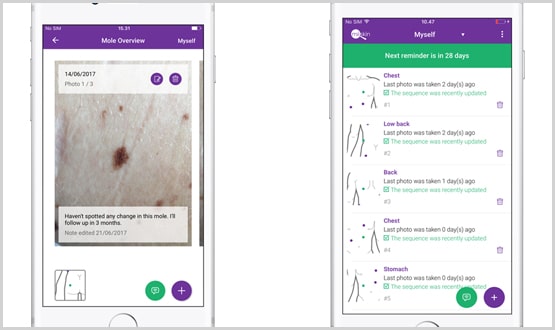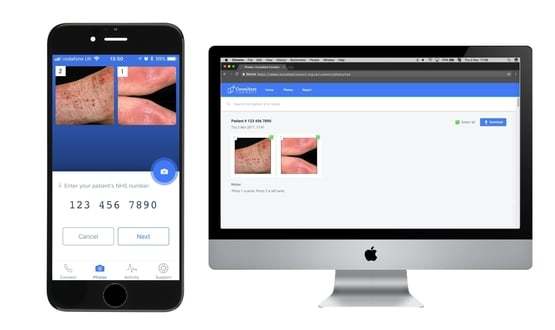Consumer health IT identified as disruptive change
- 18 June 2008
The NHS Confederation has identified new IT services that could change the behaviour of patients as some of the most disruptive innovations facing the health service.
In a paper for debate at its annual conference this week, the Confederation reviews a number of technologies that could have a significant impact on the NHS over the next ten to 15 years.
It argues that although there will be advances in areas such as genetics, diagnostics and robotics, they may not have a significant impact in the short term.
However, it argues that technology allowing people to access their own records and manage their own healthcare could result “in a change in the balance of power and knowledge between patients and professionals” that could be “enormously significant.”
The Disruptive Innovation: what does it mean for the NHS? report singles out the recent development of the health platforms developed by Google and Microsoft for special attention.
“The power of these databases for research, marketing and tailored solutions is very significant,” it argues. “Could new providers overtake the NHS Care Record or HealthSpace [the online organiser that is due to give patients access to their summary care record]?”
The report also notes that home testing, tele-health and web 2.0 technologies will allow the NHS and other healthcare providers to reach new patients and help them stay healthy; although it sees this as something of a double-edged sword.
On the one hand, it warns that commissioners may see testing and treatment thresholds drop for little real health gain, while there is a risk of “creating a nation of people who are health obsessed to the point where they are suffering continuous, low-level anxiety.”
On the other, it says many people are not as health obsessed as planners tend to assume, and the NHS will need to compete with other IT-enabled services for their attention. It also warns that “time poor” users may expect – and be willing to pay for – services to do some of the work for them.
The paper says technological change is likely to have an impact beyond staff. It argues that it will have a big effect on the design of healthcare buildings, and that the NHS estate may shrink as healthcare is delivered in new locations, including retail sites and homes.
But overall, it stresses that IT should not be used to “industrialise” healthcare but to “leapfrog to a post-industrial, personal service providing care, support and knowledge, along with the personal interaction that makes it special.”
Nigel Edwards, director of policy at the NHS Confederation, said: “It is important to start with what people and patients want from services rather than what technology can do.”
The theme of this year’s annual conference is Delivering the Future Today. Mr Edwards said that NHS leaders surveyed in the run-up to the event identified with many of the issues raised in Disruptive Innovation, which was compiled from interviews and expert discussions.
“Respondents identified growing consumerism as the most significant external opportunity for future development of the NHS, with competition and choice, new technology and telemedicine identified as the top internal opportunities,” said Mr Edwards.
“To benefit from these opportunities, healthcare organisations need to become even more flexible and consider how to create new ways of working with their patients and professionals using the growing power of technology.”
Link




